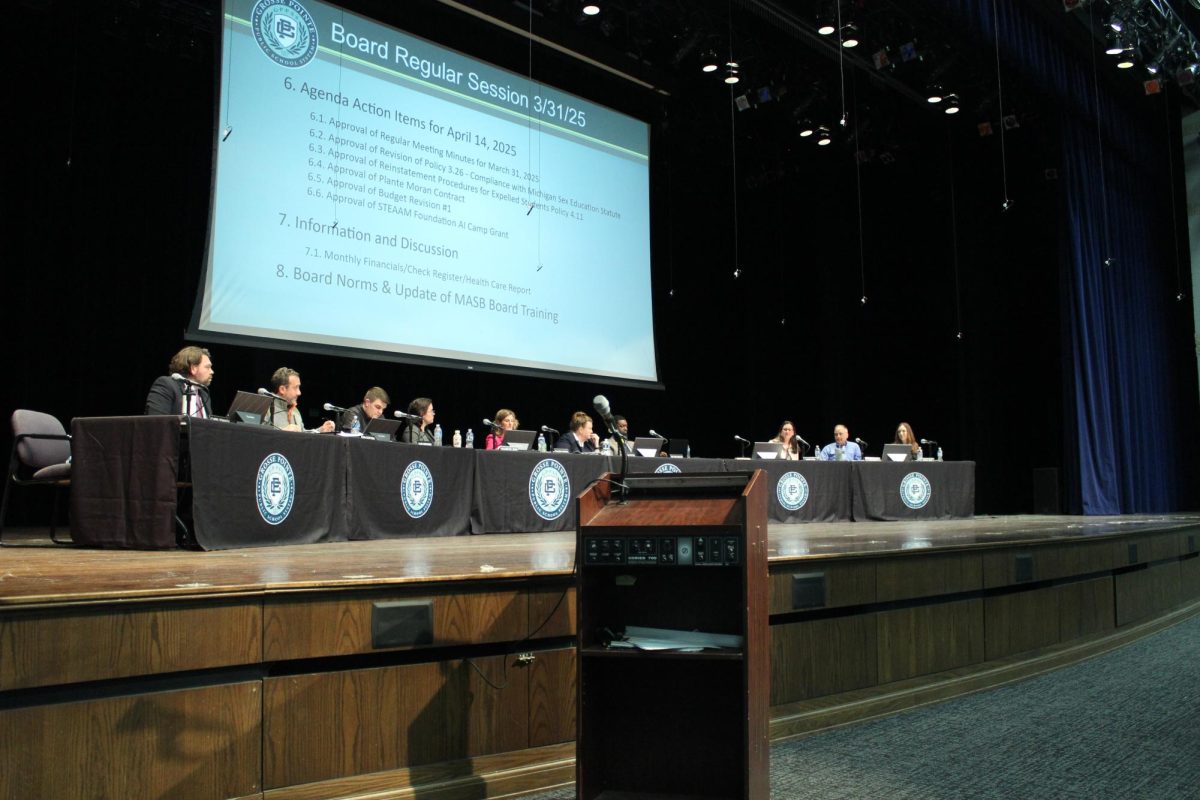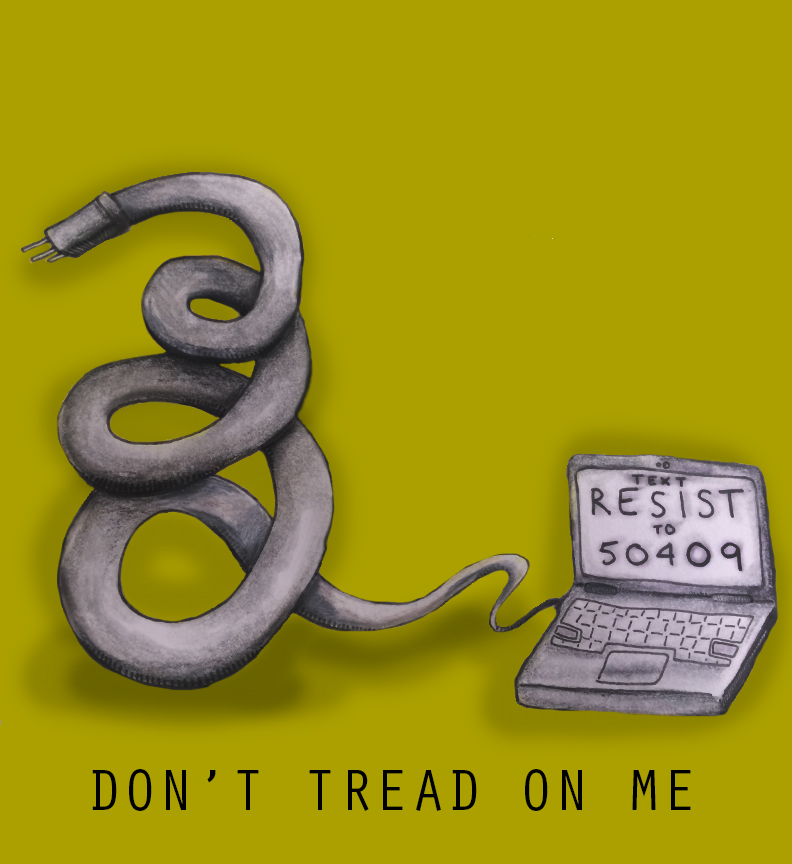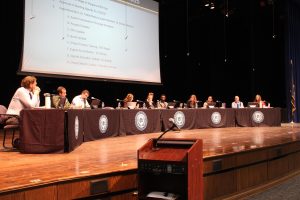Our view: Students, internet users at risk without net neutrality
December 15, 2017
The internet is amazing; it has completely changed the way we live. We spend hours every day browsing the internet on our phones, and school curriculums have been overhauled to take advantage of the internet. We often forget how revolutionary the internet was as it has become an essential aspect of modern life; you could even say it is a basic utility required for life in this day and age.
But the internet we know is at risk.
The Federal Communications Commision (FCC) is considering rolling back regulations which ensure equality of the internet. There is a concept of the internet being a fair playing field, where Internet Service Providers (ISPs) such as Comcast cannot interfere with how their customers use the internet; this concept is Net Neutrality, and it works.
The chairman of the FCC, Ajit Pai, proposed that the rules that guarantee Net Neutrality be abolished, essentially allowing ISPs to run the internet like cable TV, where they can offer different packages and speeds based upon how much customers or websites are willing to pay.
We at the Tower see this as a risk to everything the internet is and stands for. As a news outlet, we appreciate how powerful it is to be able to decide what consumers have access to, and we do not believe that ISPs should have the power to discriminate against the flow of certain information based on how much money they are being paid by the outlet of said information. It undermines the basic assumption that the internet is a place where ideas can flow freely and equally.
Without these rules a company like Comcast could, for example, have Hulu pay them a special fee for faster speeds, and could reduce the speed of a competitor like Netflix unless Netflix also paid.
But maybe you don’t care if Hulu has to pay a bit extra. Maybe you only care about checking your email or watching Netflix or searching for Vines on Google; it won’t affect you right?
Wrong. ISPs will have the option to put the burden on you. Maybe they’ll offer different internet packages: pay a basic fee and you only get to check your email or use search engines, pay a bit more then you get social media, even more and you get to use video streaming services.
Of course, cable companies downplay the risk of this scenario, but it is nowhere near impossible. These few huge corporations like Comcast, COX, AT&T, and Time Warner Cable have essentially divided the country’s internet between themselves, eliminating competition and allowing local monopolies to the point where most Americans have at most two choices of providers. They are known for offering horrific customer service and are consistently ranked as the most hated corporations in America.
Yet they assure us that we can trust them with upholding net neutrality, while insisting the government regulations be removed. The relaxed rules would only require the companies be “transparent” about their policies when they destroy the essential values of the internet.
The broadband industry even insists they would support net neutrality legislation in Congress, but that is a distraction that alludes to an extremely unlikely situation. Furthermore, even if there was a chance of such legislation passing, it is hard to trust Congress to implement tough enough rules when the industry has spent almost one and a half billion dollars lobbying, according to the Center for Responsive Politics.
The FCC is planning to vote on the proposal on Dec. 14 and it is expected to pass with a 3-2 split. They will dismiss the overwhelming disapproval of the American people in favor of the whims of a few massive corporations. Not only do they plan on handing over the keys of the greatest communications system in history, they plan on doing so against public opinion.
The internet is not a premium service that these corporations can control, it is a basic utility many of us rely on every day and we cannot allow the government to ignore that. We at the Tower implore everyone to write their representatives and send comments to the FCC in favor of a free and equal internet.















































































